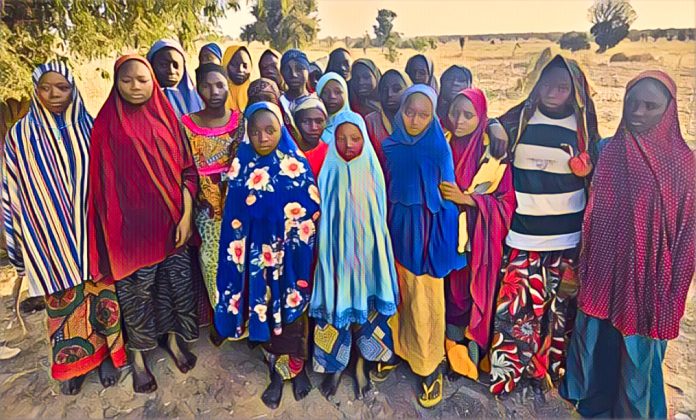Key Points
- Armed men seized 25 schoolgirls during a night raid in Kebbi.
- Security agencies launch search operations across nearby forests.
- Families gather in the community as they wait for updates.
Human Rights Watch accused federal and state authorities of ignoring the lessons from earlier school kidnappings and leaving students exposed to fresh attacks.
The group argued that officials have not built early warning systems or strengthened school protection despite a decade of repeated abductions.
Researchers led by Anietie Ewang pointed to a pattern of negligence. They noted that the failures seen after the 2014 Chibok abduction and the 2020 Kankara attack remain visible today.
The organisation urged the government to secure the release of the students taken in recent raids and adopt long term measures that protect schools and communities.
Wave of Abductions in Kebbi and Niger
Nigeria has grappled with widespread violence from armed groups often referred to as bandits.
The latest incidents included the November 18 abduction of twenty five schoolgirls from Government Girls Comprehensive Secondary School in Maga, Kebbi State.
Three days later, attackers stormed St. Mary’s Catholic Primary and Secondary School in Papiri, Niger State, and took 303 students and twelve teachers. Fifty students have since returned home.
HRW noted that no group has claimed responsibility for the attacks, a development it described as unsettling.
Parents Describe Fear and Confusion
Two parents in Kebbi spoke about the shock that followed the girls’ disappearance.
Isa Nazifi said his thirteen year old daughter, Khadija, was taken while her younger sister watched. He rushed to the school on a motorbike and has remained there since. He said he cannot return home without her.
Another parent, Sani Zimri, whose daughter Salima was taken, recalled hearing rumours of an impending attack the week before.
He said military teams conducted surveillance in the area, yet none were present during the three hour raid.
Government Reacts With Closures and Assurances
The Federal Government pledged to rescue all abducted students and punish the perpetrators.
President Bola Tinubu directed security agencies to act quickly and encouraged communities to share intelligence.
Authorities ordered the temporary closure of forty seven Federal Unity Colleges. Several states, including Katsina, Taraba, and Niger, also restricted school activities, especially in boarding schools.
HRW argued that the measures, though intended to protect children, have disrupted learning for thousands and stripped many students of the social support that schools provide.
The group noted that Nigeria is a signatory to the Safe Schools Declaration, which commits governments to protect education during conflict. Despite that, school kidnappings continue across several states.
Senate Probes Safe School Fund
On November 19, the Senate launched a full scale investigation into the implementation of the Safe School Fund. Lawmakers questioned why funds allocated for school protection have not prevented repeated attacks.
HRW urged lawmakers to push through legislation that reinforces the Safe Schools Declaration. The group stressed that children should be able to attend school without fearing for their lives.
Long List of Attacks Across the Years
HRW outlined several major school kidnappings from the past decade. Boko Haram took more than 300 children from Zanna Mobarti Primary School in Damasak in 2016.
More than 300 boys were seized from a boarding school in Kankara in December 2020. Large scale abductions followed in Kagara in Niger State, Jangebe in Zamfara, and Bethel Baptist High School in Kaduna in 2021.
The pattern continued in 2024 with attacks in Kuriga in Kaduna State and Gidan Bakuso in Sokoto.
Human Rights Watch warned that the cycle will continue unless authorities treat school safety as a national priority and hold kidnappers to account.



